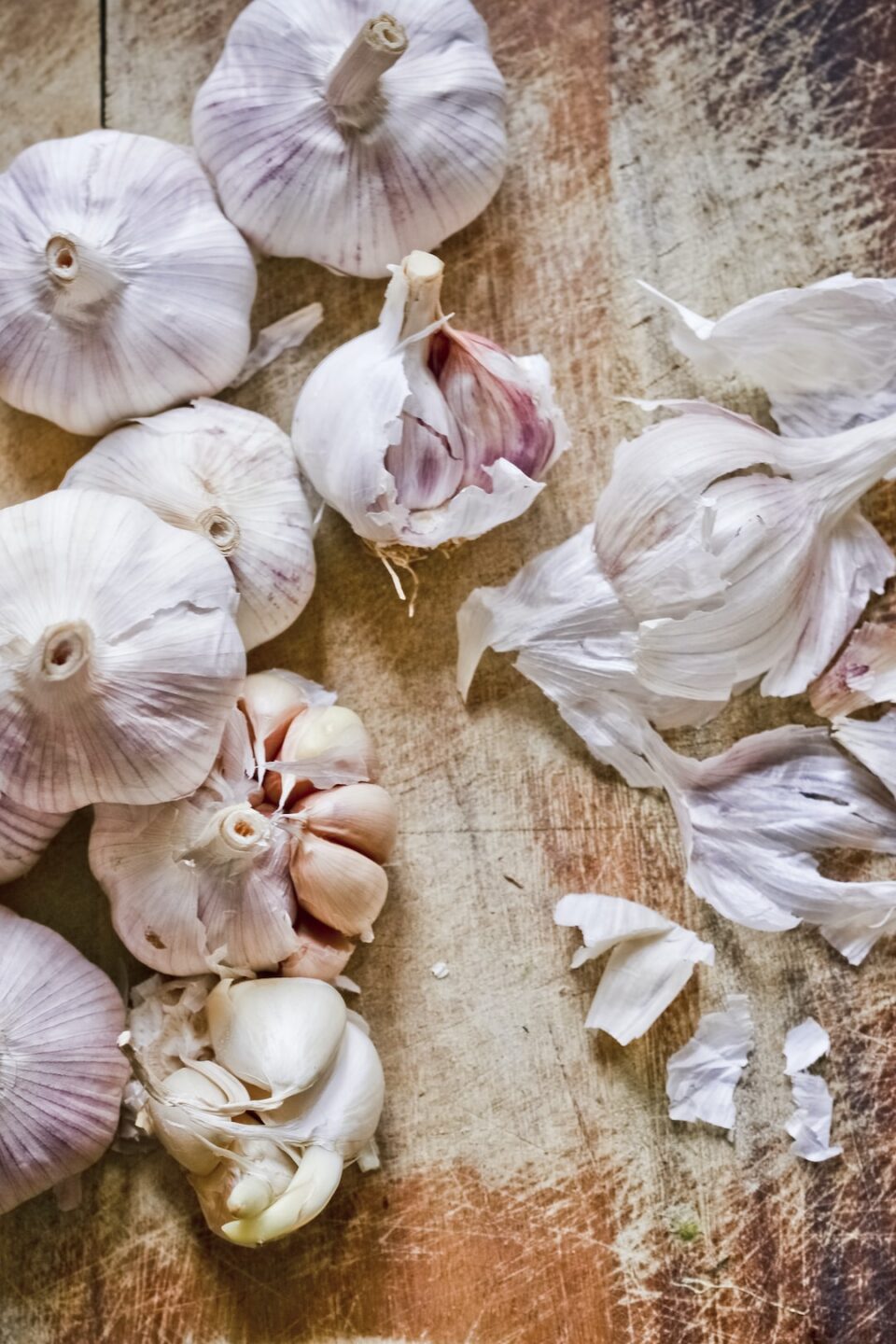Going Plant-Based: Beginners Guide to a Vegan Diet
Whether you’re considering a vegan lifestyle for ethical, environmental, or health reasons, transitioning to a plant-based diet can sometimes feel overwhelming. However, with the right mindset and a little guidance, embracing veganism can become a seamless and enjoyable journey. This beginner’s guide will provide you with essential tips and advice to make the transition easier and more sustainable.
1. Educate Yourself:
Before embarking on a vegan lifestyle, take the time to educate yourself about plant-based nutrition. Understand the importance of macronutrients such as protein, carbohydrates, and fats, as well as micronutrients like vitamins and minerals. This knowledge will help you make informed food choices and ensure you receive all the essential nutrients your body needs.
2. Gradual Transition:
Transitioning to a vegan diet doesn’t have to be sudden. Start by gradually reducing your consumption of animal products while increasing your intake of plant-based foods. Find vegan alternatives for your favorite meals and gradually incorporate more whole grains, legumes, fruits, and vegetables into your daily meals.
3. Balanced Diet:
A balanced vegan diet is crucial for optimal health. Ensure that your plate includes a variety of foods from all food groups like grains, legumes, fruits, vegetables, nuts, and seeds. This diversity will provide you with a broad range of nutrients and prevent nutrient deficiencies.
4. Protein Sources:
Protein is an essential macronutrient that can easily be obtained from plant-based sources. Incorporate foods like legumes (beans, lentils, chickpeas), tofu, tempeh, seitan, edamame, and quinoa into your diet. These foods are not only rich in protein but also contain other valuable nutrients.
5. Iron and Calcium Sources:
Iron and calcium are two nutrients that are often associated with animal products. However, there are plenty of plant-based sources for both. Add iron-rich foods like leafy greens (spinach, kale), lentils, dried fruits, and fortified cereals to your diet. For calcium, opt for foods like tofu, tempeh, plant-based milk, calcium-fortified orange juice, and dark leafy greens.
6. Stay Hydrated:
Drinking enough water is essential for overall health and wellbeing. Ensure that you stay adequately hydrated throughout the day by drinking plenty of water, herbal tea, and consuming water-rich fruits and vegetables.
7. Meal Planning:
Meal planning can save you time, money, and stress in the kitchen. Plan your meals in advance, write a shopping list, and prep ingredients ahead of time. This will help you avoid relying on convenience foods and ensure that you always have nutritious meals available.
8. Read Labels:
When grocery shopping, read labels carefully. Many packaged products contain hidden animal-derived ingredients, such as whey, casein, and gelatin. Additionally, look out for additives and preservatives that might not be vegan-friendly.
9. Find Support:
Surround yourself with like-minded individuals who can provide support and guidance during your transition to a vegan lifestyle. Join vegan-friendly communities online, participate in local vegan events, and connect with others who share similar values.
10. Have Fun and Be Creative:
Embracing a vegan lifestyle opens up a world of exciting new food possibilities. Be adventurous and try new recipes, experiment with different flavors and cooking techniques, and have fun exploring the vast array of delicious plant-based cuisine available.
Remember, transitioning to a vegan diet is a personal journey, and it’s okay to make mistakes along the way. Be flexible and forgiving with yourself, and focus on the positive impact you’re making on your health, the environment, and animal welfare. Enjoy the process of discovering new flavors and feel the empowerment that comes from aligning your values with your plate.

